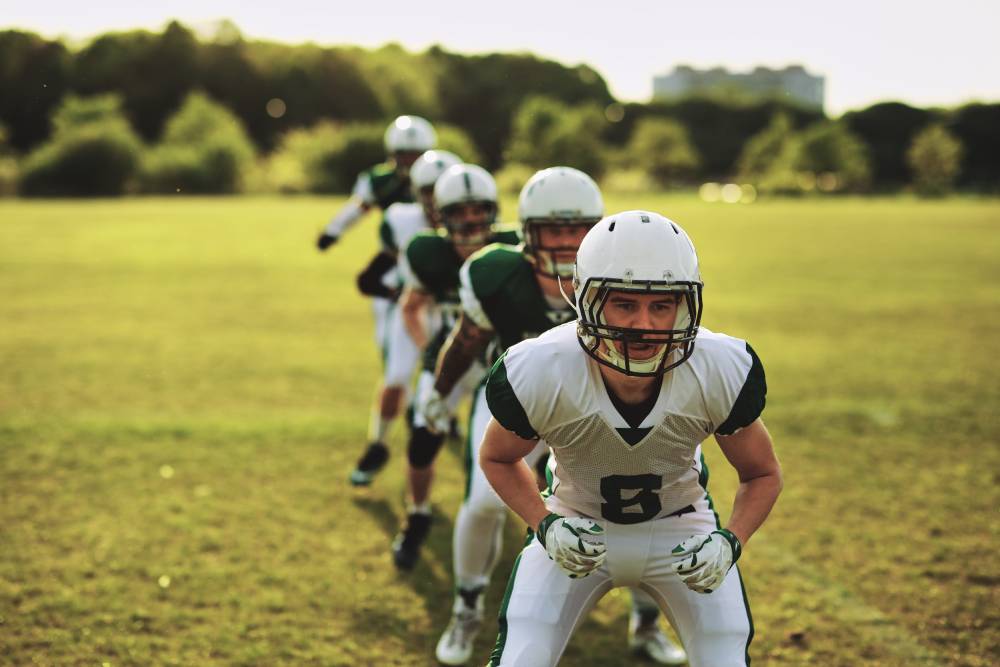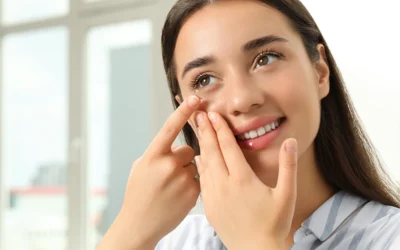Concussions are becoming more and more commonplace, with athletes in contact sports and regular people alike suffering from them. And while rest is often recommended, this isn’t always enough for people to fully recover. That’s where neuro-optometric rehabilitation comes in. In this blog post, we’ll take a closer look at what neuro-optometric rehabilitation is and the benefits it offers for people with concussions.
What is neuro-optometric rehabilitation?
Neuro-optometric rehabilitation is a type of vision therapy that focuses on restoring visual and cognitive function in patients who have suffered brain injuries such as concussions. The therapy is provided by trained optometrists and vision therapists who work to retrain the brain to better process visual information.
How does it work?
Neuro-optometric rehabilitation involves a series of exercises and therapies that are designed to improve the brain’s ability to process visual information. The therapy may include activities such as visual scanning, eye tracking, and focusing exercises. Patients may also work on balance and coordination exercises to improve overall physical function. The goal is to help people regain the visual and cognitive abilities that may have been lost due to their injury.
Not all concussions are the same, and neither are the symptoms they produce. That’s why neuro-optometric rehabilitation is tailored to each patient’s specific needs. This personalized approach ensures that patients are receiving the care they need to heal fully.
What are the benefits of neuro-optometric rehabilitation for concussion patients?
Neuro-optometric rehabilitation offers many benefits for concussion patients, including:
- Improved visual function: Many concussion patients experience visual disturbances such as double vision, blurry vision, and difficulty focusing. Neuro-optometric rehabilitation can help improve these symptoms, allowing patients to see more clearly and comfortably.
- Improved cognitive function: Concussions can also impact cognitive function, making it difficult to concentrate, remember things, and process information. Neuro-optometric rehabilitation can help restore these cognitive functions, improving overall brain function.
- Reduced symptoms: Neuro-optometric rehabilitation can help reduce concussion-related symptoms such as headaches, dizziness, and nausea.
- Faster recovery: By improving visual and cognitive function, neuro-optometric rehabilitation can help concussion patients recover more quickly and fully.
Who can benefit from neuro-optometric rehabilitation?
Anyone who has suffered a concussion or other type of brain injury can benefit from neuro-optometric rehabilitation. The therapy can be especially helpful for patients who are experiencing visual disturbances, cognitive difficulties, or other related symptoms.
Concussion care in Pembroke Pines
At The Eye Center, we understand the impact that a concussion or other brain injury can have on a person’s quality of life. That’s why we offer specialized concussion care in Pembroke Pines to help patients regain their visual and cognitive abilities. Our compassionate team of optometrists and vision therapists create personalized treatment plans tailored to each patient’s specific needs, utilizing exercises such as visual scanning, eye tracking, and balance and coordination training. We closely monitor our patients’ progress throughout the therapy to ensure optimal results.
If you or a loved one has a concussion, contact us today to learn more about how our neuro-optometric rehabilitation program can help.





